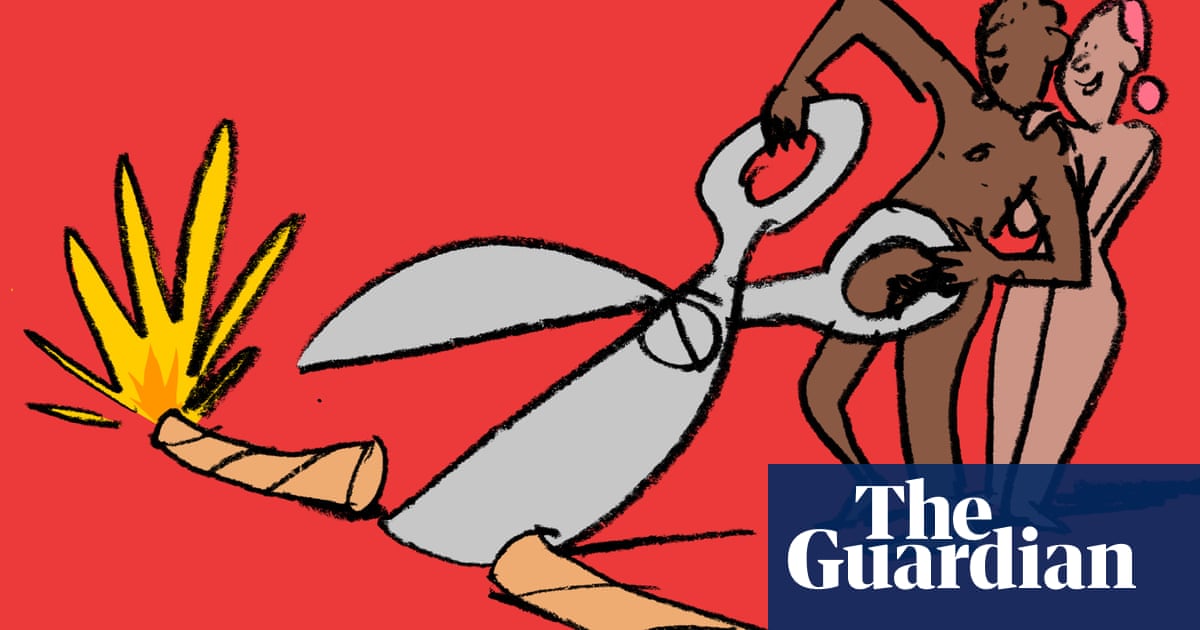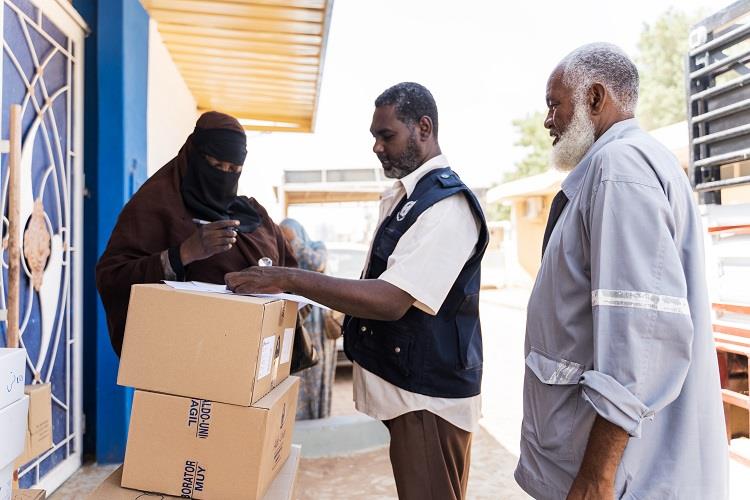
he headlines are stark: a “tsunami” of Covid-19 patients moving inexorably toward London’s hospitals and then spreading out across the rest of the UK. Despite heroic efforts to increase supply – and reduce demand – there may come a point when this tsunami will simply overwhelm intensive-care beds, ventilators and life-support machines. Although we hope this will not be happen, it is important we begin to think now about how we would respond should that situation arise. As in Spain and Italy, heart-wrenching decisions may need to be made, agonising choices about who gets access to life-saving interventions. Should there be a disjunction between need and resource, these decisions will become unavoidable. The question is how do we ensure decisions made are ethical?
Over recent weeks, we at the British Medical Association have worked with leading medical figures to put together guidelines to ensure just this. This guidance is clear, authoritative, ethically robust, and developed with a broad range of input and opinion designed to support doctors as they approach these most trying of decisions.
Sadly, these guidelines do not preclude the necessity to make enormously challenging ethical decisions. Guidance can indicate how to proceed. It cannot stop the choices being brutal or relieve decision-makers of their moral distress.
Looking ahead to the coming weeks, if hard choices are required, we know they will be contested. There will be anger and pain. People who, in normal circumstances, would receive intensive treatment may instead be given palliation – pain relief without a cure - in order to favour those with greater likelihood of benefiting. Nobody wants to take these decisions, but if resources are overwhelmed, they will have to be made.
In taking them, we need to begin with justice or fairness. If everyone matters equally, but we cannot treat all of those in need, what does a fair allocation of resources look like? In times of plenty, fairness means allocating resources according to medical need. The greater the demand, the greater the resources provided – as long as the patient will benefit. Even before Covid-19, the NHS was not amply equipped. Resources were being rationed by way of waiting lists and brevity of consultation. But – generally – the more ill you were, the greater a priority you were.
For a time, Covid-19 may overturn this approach. The question will no longer be how best to meet individual need, but how to maximise benefits from severely stretched resources. To the criterion of medical need, must also be added the patient’s likelihood of benefiting. It is preferable to save the lives of three patients with high need and a high likelihood of benefiting than one patient with high need and a low – but nonetheless real – chance of benefiting. The principle that everyone matters is in tension with the requirement to maximise overall benefit. This is the heart of the moral challenge.
The BMA’s guidance addresses the ethical aspects of these difficult decisions. It is designed to support doctors. But, at this time, there will undoubtedly be challenges. Objective clinical standards can be indirectly discriminatory. We know that the presence of comorbidities – having more than one illness or condition – or underlying frailty is associated with higher risks for patients with Covid-19. An approach based solely on clinically relevant factors may, statistically, prioritise the younger and, where clinically relevant, it may discriminate against those with underlying health conditions. We need to be alert to this. We need to keep practice under regular review and modify it as more evidence and feedback become available. Neither age nor disability in themselves will be criteria – only where they impact on a patient’s capacity to benefit.
And what if there are more patients with capacity to benefit than life-saving resources available? There are two options, neither of them ideal. More likely is a modified queueing system based on the widely accepted principle “first come, first served”. Patients who become critically ill earlier will be more likely to be admitted to intensive care or receive mechanical ventilation than those who become similarly ill later on, even though they may be offered intensive support for a defined but limited period. While such an approach is procedurally simple, and arguably fair, it is not without its challenges. It gives priority to those who are mobile, who have access to transport or who live close to hospitals. The alternative is some form of lottery, but pity those who would have to manage it.
These are unprecedented times. Our health system – like our society itself – is facing its gravest challenge since the second world war. Given the vital importance of these decisions – and the inevitability of dissent – there must be a national debate now, in advance of these decisions having to be taken. Public acceptance requires an understanding of why these decisions must be made, and the rationale for the way in which they are made. I write in the hope of contributing to that debate.
John Chisholm chairs the British Medical Association’s medical ethics committee












